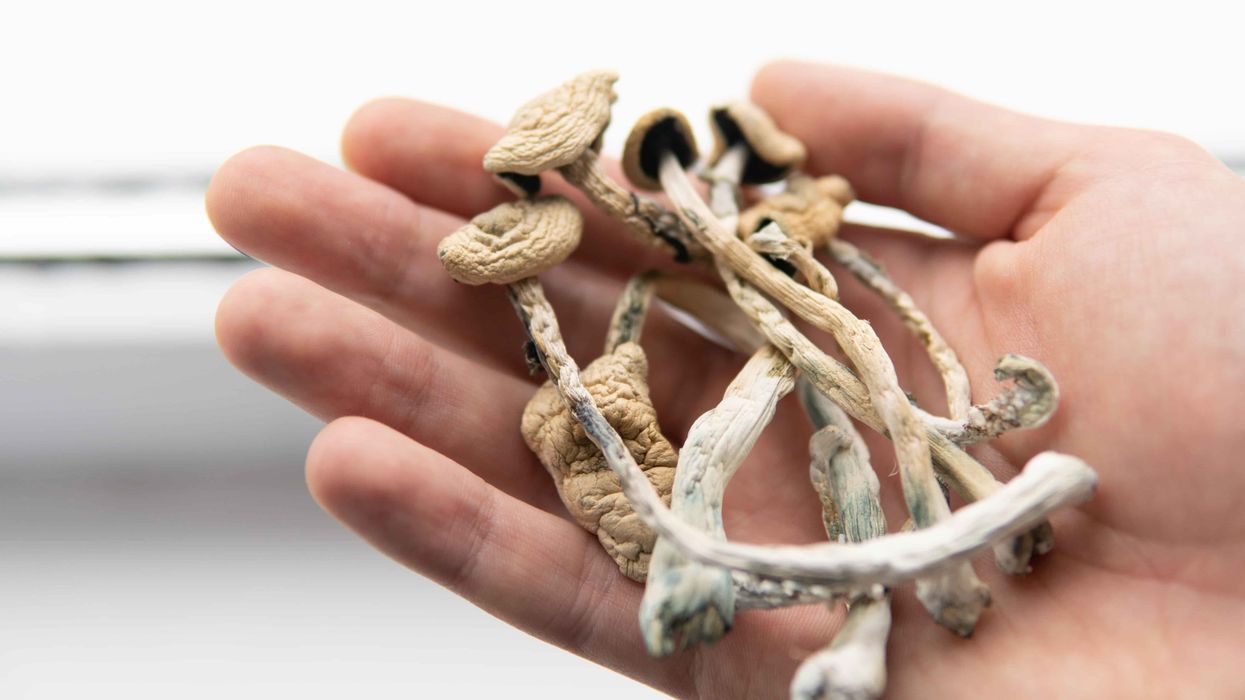Imagine you have a terminal illness.
You hear how a psilocybin session could help you make peace with death so that you can perhaps enjoy your remaining days on Earth.
There’s even a new law in your state called ‘Right to Try’ that gives terminal patients the ability to try experimental or restricted substances.
But then a DEA bureaucrat says no. Sorry. You can’t use psilocybin. Our hands are tied on this.
This has actually happened in Washington State, and now there is a widely supported lawsuit against the DEA.
A human’s right to effective and affordable healthcare and wellness is an ongoing global problem that many are working to address, and Dr. Sunil Aggarwal MD, PhD, is one of the biggest players at the forefront of this important work.
Aggarwal recently sat down with The Bluntness for an in-depth conversation about the lawsuit and the significance of psychedelic medicine today.
Why This Physician Is Suing The DEA
Based in the state of Washington, Aggarwal is the Co-Founder and Director of the Advanced Integrative Medical Science Institute.
He works as a palliative medicine physician and associate hospice medical director, providing personalized care plans that center around his belief that psychoactives and psychedelics like cannabis, ketamine, and psilocybin (a.k.a., magic mushrooms) can be highly beneficial for patients in need.
Unfortunately, Aggarwal has not had a chance to administer psilocybin at the clinical level, which is why he is suing the DEA.
“When I first was approached by [attorney] Kathryn Tucker, who’s worked on a lot of patient rights issues involving psychedelics, she asked what I knew about psilocybin,” says Aggwaral, who also collaborates with a number of universities throughout Washington State, focusing and voicing his opinion on issues like global health equity, social medicine, and health and human rights.
In the early 1990s, Tucker did pro bono work for Washington Citizens for Death with Dignity, leading her to advocacy for patients’ rights and end of life liberties. Today, Tucker is the Executive Director of the End of Life Liberty Project and an avid defendant of physicians who face prosecution for their ethical practices.
Aggarwal initially met with the attorney to discuss psilocybin as a viable treatment, specifically for cancer patients and/or terminally ill patients, and the difficulties these patients in need have faced in receiving treatment.
“I had some cancer patients in different stages of treatment who I had in mind. I asked them if they’d be interested in trying psilocybin, and maybe, if we ran into problems, trying to fight for it,” Aggarwal says. “And they said, ‘Absolutely.’”
Aggarwal was dogged in his approach, convinced that providing patients with access to this treatment could be highly beneficial. But when he and Tucker went to the DEA to figure out how the medicine could be produced, they hit a wall.
“We sent a letter to the DEA and they basically said, ‘We get what you’re saying, but our hands are tied,’” Aggarwal says.
But rather than deterring Aggarwal, Tucker, and team, this response only stoked the fire, inspiring them to keep pursuing the issue and starting conversations around patient rights and equity within the healthcare system.
As Aggarwal continued to dig, he was surprised to find a fair amount of support from his local government.
“My own state’s Attorney General got behind my argument,” Aggarwal says with an incredulous smile. “That was impressive. They understood that this was a law that the Washington State legislature unanimously passed. And here the DEA was still saying, ‘Nope, sorry. Doesn’t apply.’”
After doing a fair amount of research, the team came to their final decision: they were going to contest the DEA’s response with a lawsuit. And while most petitions like these tend to get filed and backlogged for months on end, Aggarwal and team were able to get the hearing expedited due to the urgency of the issue.
“There’s something special about the needs of patients with serious illnesses,” Aggarwal says. “They don’t have the luxury of waiting in line – they need to go to the front of the line. Their needs are very time-sensitive, so it was amazing to see that the Department of Justice lawyers didn’t contest our request for an expedition.”
Aggarwal, Tucker, and team have already filed the opening brief for the lawsuit, a thorough piece of writing that looks at the whole history of drug regulation from the early 1900s to the early laws of the FDA that regulated medicines for safety, and later on, efficacy.
The History of Psilocybin Prohibition in America
Despite being utilized for spiritual and medical purposes across several cultures throughout the centuries, just like cannabis, psilocybin was classified as a Schedule I Drug in 1970 – just like cannabis.
At the time, American psychologist and writer Timothy Leary was incredibly outspoken about his belief that psychedelic drugs could be beneficial, and therefore should be studied and utilized throughout society.
“Nixon had declared Timothy Leary the most dangerous man in America; public enemy number one,” Aggarwal says. “He made a whole tirade against this Harvard professor who was trying to tell people there was a value in psychedelic substances to help people break out of rigid thinking.”
Shortly after Leary began speaking out about the power of psychedelics, Nixon signed the Controlled Substances Act into law, classifying psilocybin as a Schedule I Drug alongside cannabis, LSD, ecstasy, and heroin. Schedule I Drugs in the U.S. are considered the most dangerous drugs of all the schedules, with potential for severe psychological or physical dependence and no medical value.
“And there it sat,” Aggarwal says.
“The next major points in history were [later] in the ’70s in Washington State. World authorities came together to talk about psychoactive mushrooms – people like Albert Hoffman, Carl Ruck. That was the first time the theory that some kind of fungus was probably part of the pre-Christian activities in Greece, was publicly discussed.”
This was a pivotal moment in psilocybin’s history, allowing more people to understand the hallucinogen’s past role in religion, spirituality, and healing.
The Spiritual Side of Psychedelics
Despite the current illegality of psychedelics, the history of these substances being utilized dates back for centuries in Western and Indigenous cultures.
“There is a much older and deeper historical tradition of use of these substances that provide a sense of awe, divinity, and ecstasy,” Aggarwal says. “We have records of this on cave paintings, ancient texts that mention these substances, carvings from Aztec and Mesoamerican regions.”
Aggarwal believes that just as the mental, physical, and social states of being are axises of true health, so is the spiritual. For medicine and treatment to truly be integrative and wholly successful for patients, they must address all of these components.
This cross-cultural approach to psilocybin and other entheogens requires curiosity over criminalization, prompting advocates like Aggarwal to continue speaking out about the potential benefits of psychedelic treatment.
“Spirituality isn’t tied to any institution,” Aggarwal says. “It’s just part of being alive and being human. You need to know that dimension in order to help people heal.”
How Psilocybin and Ketamine Are Helping Terminally Ill Patients Today
Despite psilocybin’s positive history, patient testimonies, and support from practitioners like Aggarwal, the public remains largely unaware of the magic mushrooms’ potential healing properties and benefits – and beyond that, the potential healing properties and benefits of other entheogens, too.
Although Aggarwal strongly believes in the power of psychedelics as medicine, he hasn’t actually had the luxury of using psilocybin in treatment. However, the physician has continued to study the cases, particularly of cancer patients, who have reaped great benefits from using magic mushrooms and more.
“I would hear about these patients working with therapists to have guided psilocybin sessions,” Aggarwal says. “And they would be these amazing, mystical experiences. Reverie, bliss, timelessness, ineffable senses of knowing, abiding senses of love...just very profound experiences with music, support, safety...and it just stays with them. It goes on for hours, and then it stays, and it stays, and it stays.”
Aggarwal recalls hearing one specific testimony from a kidney cancer survivor at a conference he was speaking at. The survivor discussed the transformative experience he had with psilocybin, and how it allowed him to take control of his life back.
“That’s what I’ve seen and heard with psilocybin patients who have cancer – significant transformative experiences,” Aggarwal says. “I’ve also seen it with ketamine.”
At one point in his practice, the physician knew of a patient in his 60s who would travel from Maine to receive therapeutic help for advanced stage four prostate cancer. His experiences with psychedelics allowed him to feel at peace with his impending death.
The patient also experienced a severe reduction in bodily pain, an improvement in mood, and an increase in daily presence and engagement – all as a result of his psychedelic therapy.
“These kinds of things are possible in cancer patients with this kind of medicine, be it psilocybin, ketamine, ayahuasca...the common theme is this ability to reset the default mode network and get patients out of that hyper-survival mode and come safely into a mode that is pro-healing,” Aggarwal says.
Based on all of his research and patient testimonies, Aggarwal believes it’s incredibly important to keep the traditional spiritual element of health and wellness in the conversation, and therefore safely integrate these practices into our daily lives.
“We need to use the best that we have in psychotherapy, in medicine, and in cross-cultural, integrative spiritual care,” Aggarwal says. “We have experts in all of these areas in our society, and we need to talk to each other. Spiritual health has to be universalized.”
Aggarwal’s lawsuit in defense of Washington State’s Right to Try currently has the attention of state attorney generals in eight different states, who’ve all voiced their support for the movement.
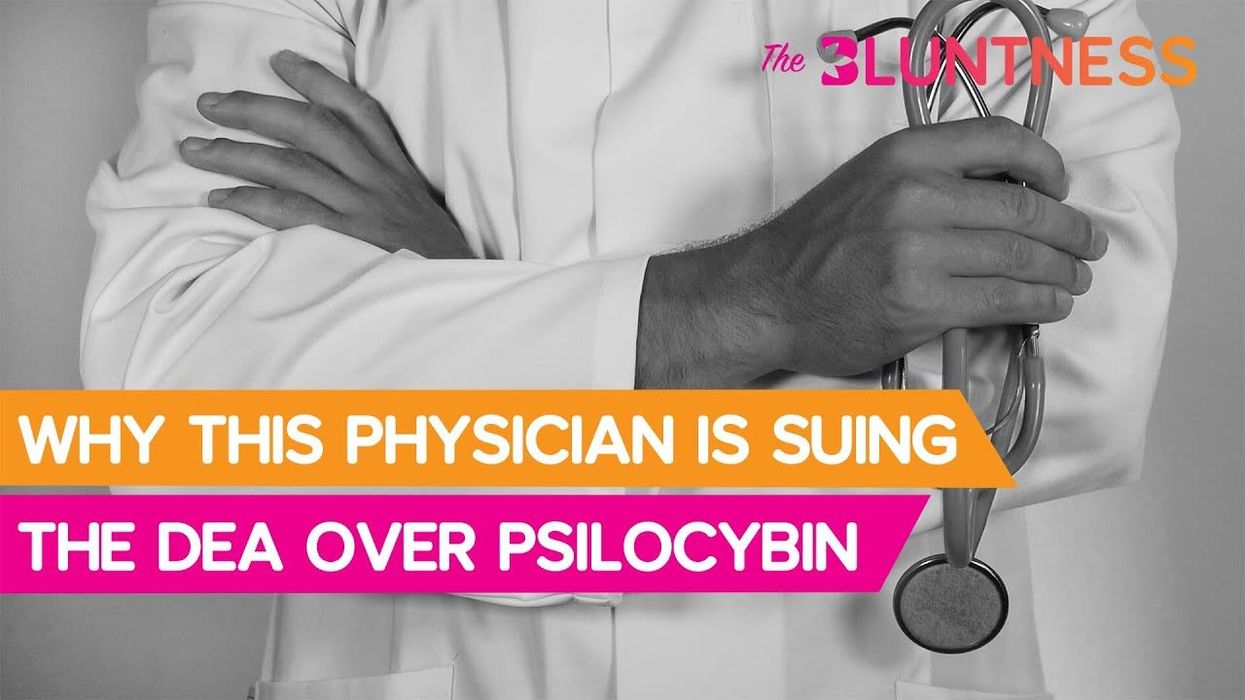

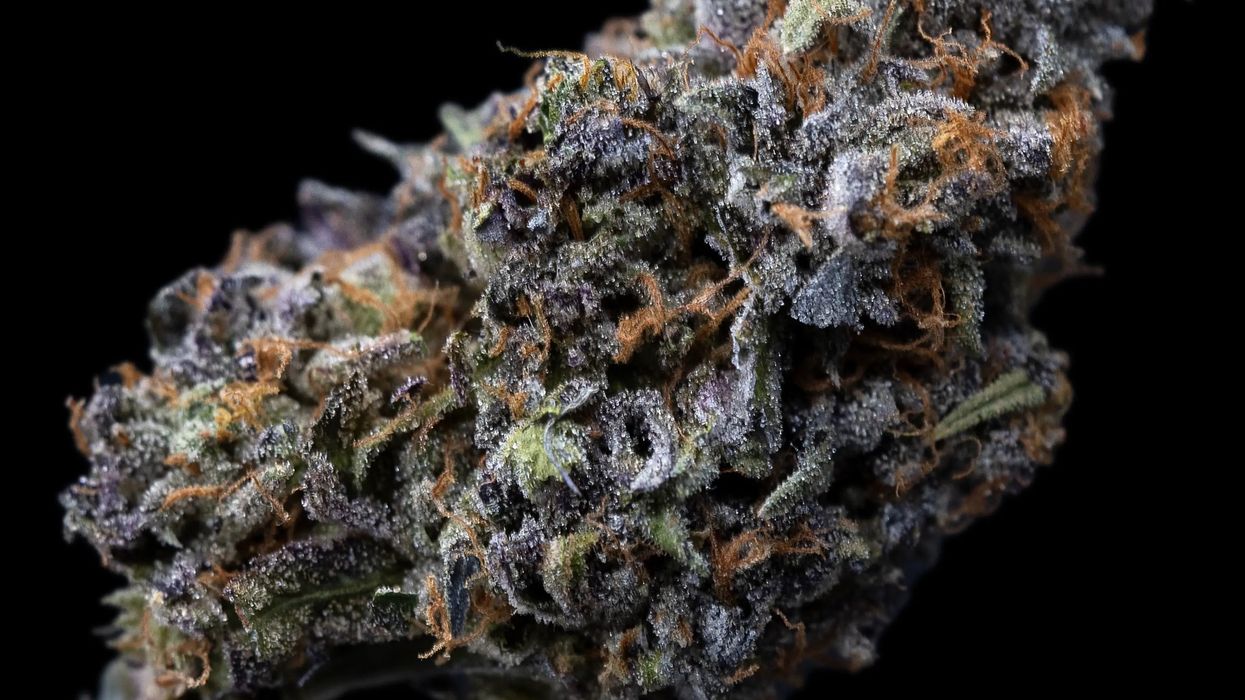
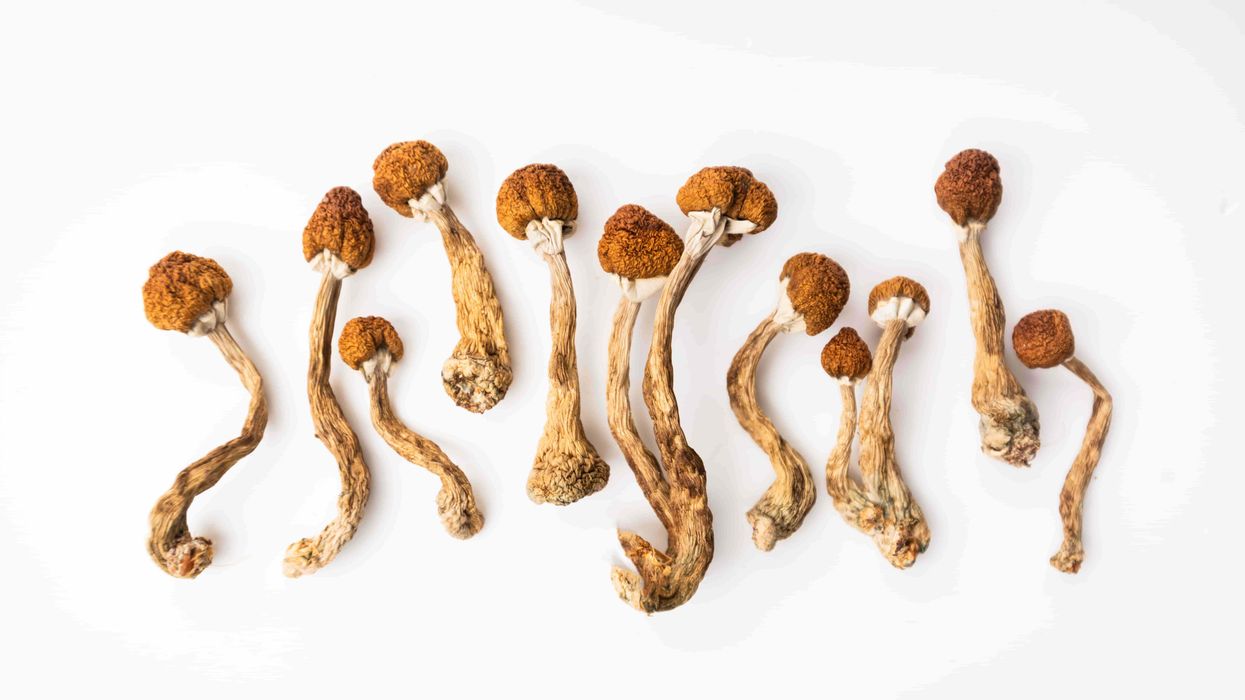
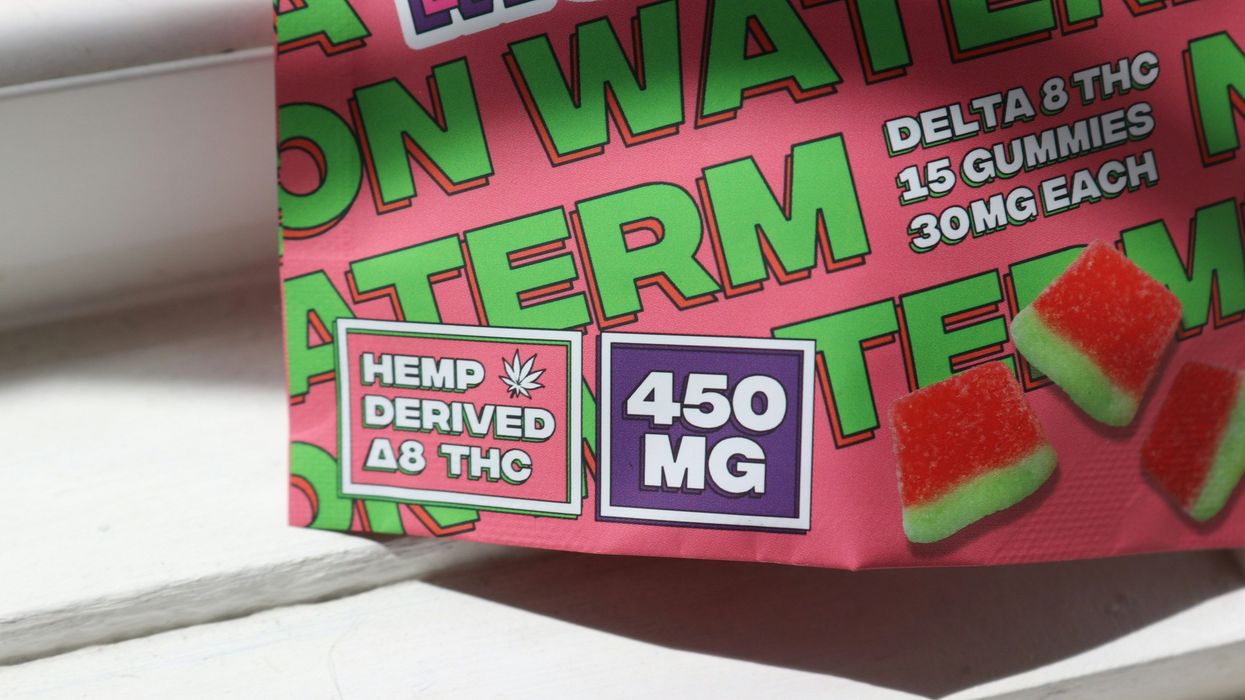


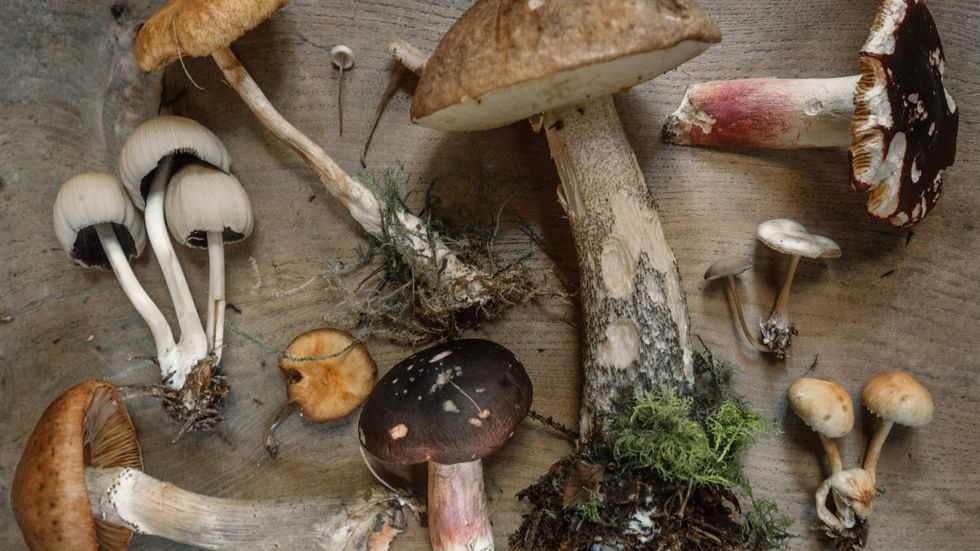 How Long Do Shrooms Last? Magic Mushroom Guide for Beginners - The Bluntness
How Long Do Shrooms Last? Magic Mushroom Guide for Beginners - The Bluntness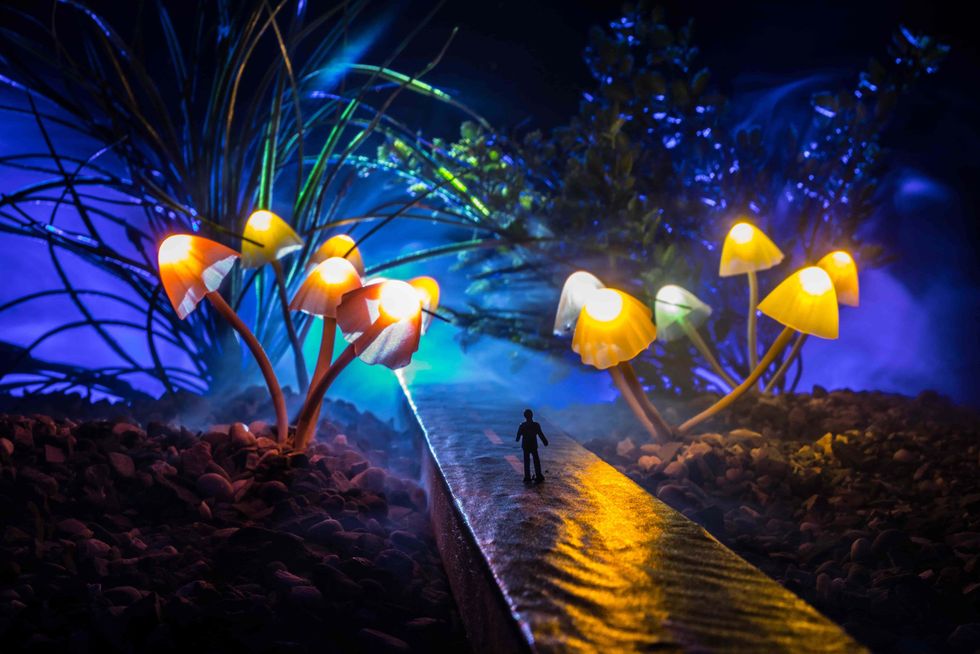 Psilocybin can provide a life-altering experience. -The Bluntness
null
Psilocybin can provide a life-altering experience. -The Bluntness
null
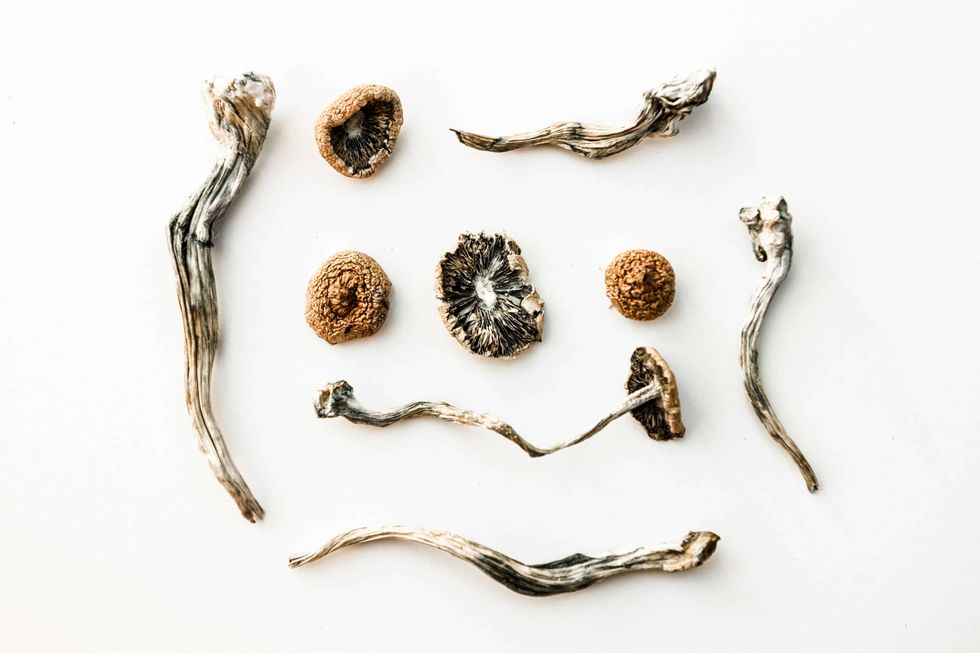 “Don’t diddle the dose. Once you have done your homework, go for it.” -- Terence McKenna
The Bluntness
“Don’t diddle the dose. Once you have done your homework, go for it.” -- Terence McKenna
The Bluntness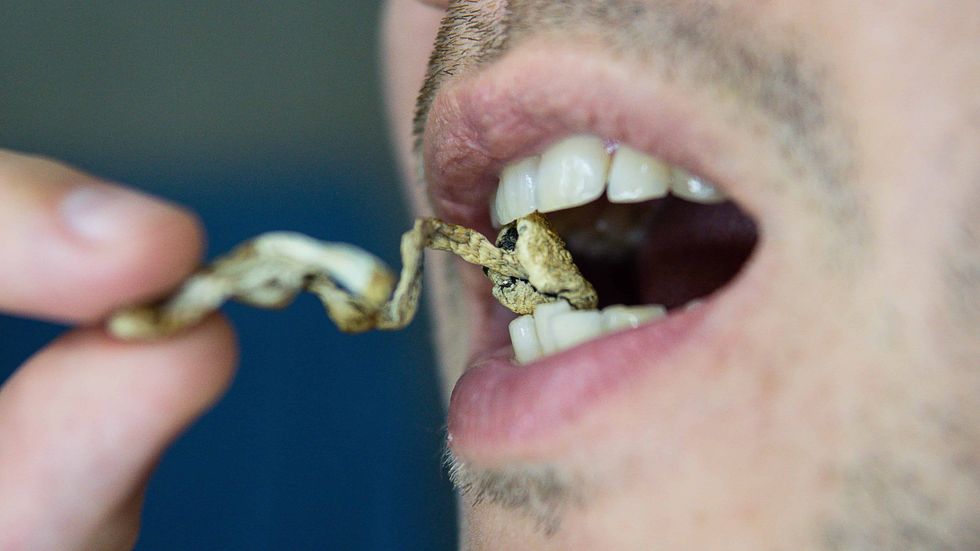 These mushrooms taste gross, but there are ways around that.The Bluntness
These mushrooms taste gross, but there are ways around that.The Bluntness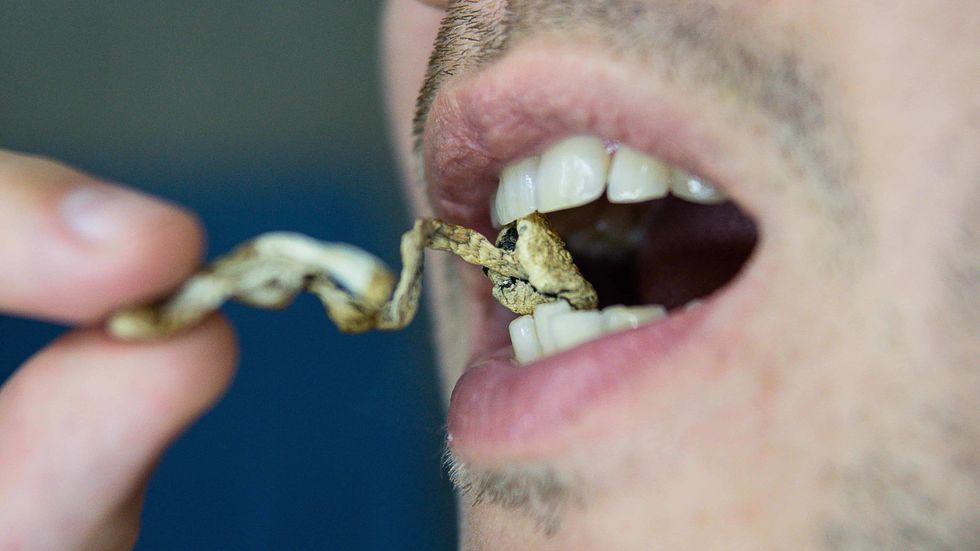 These mushrooms taste gross, but there are ways around that.
These mushrooms taste gross, but there are ways around that.

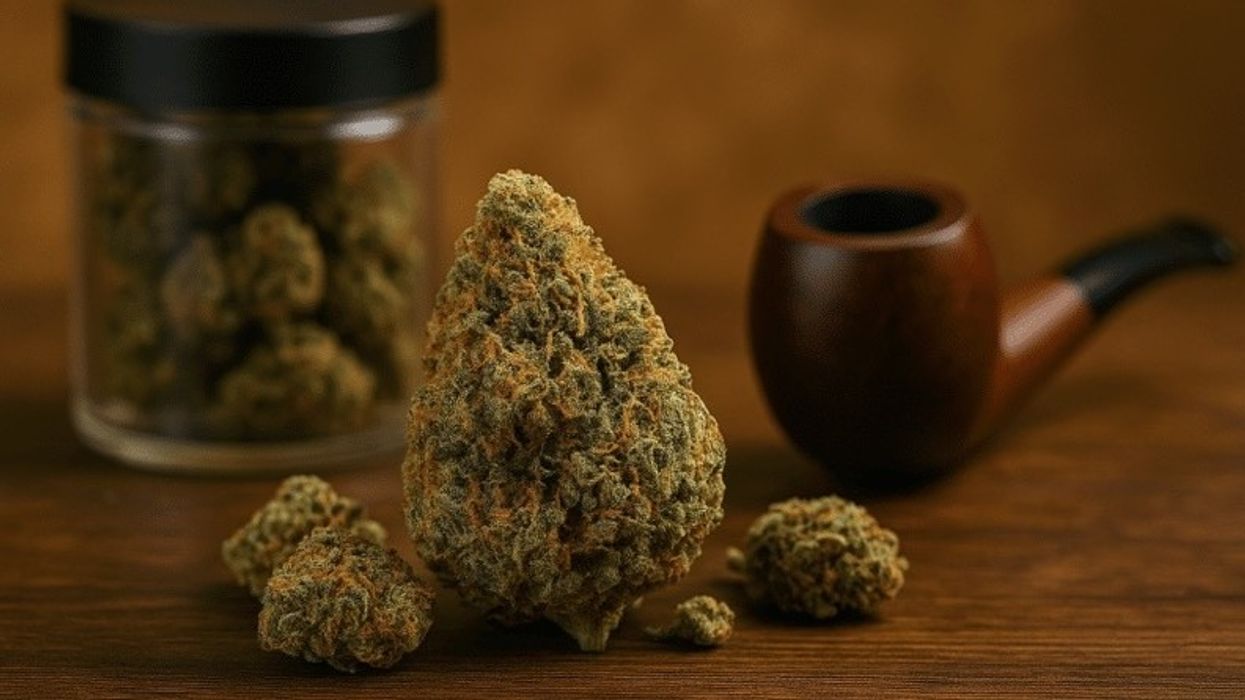





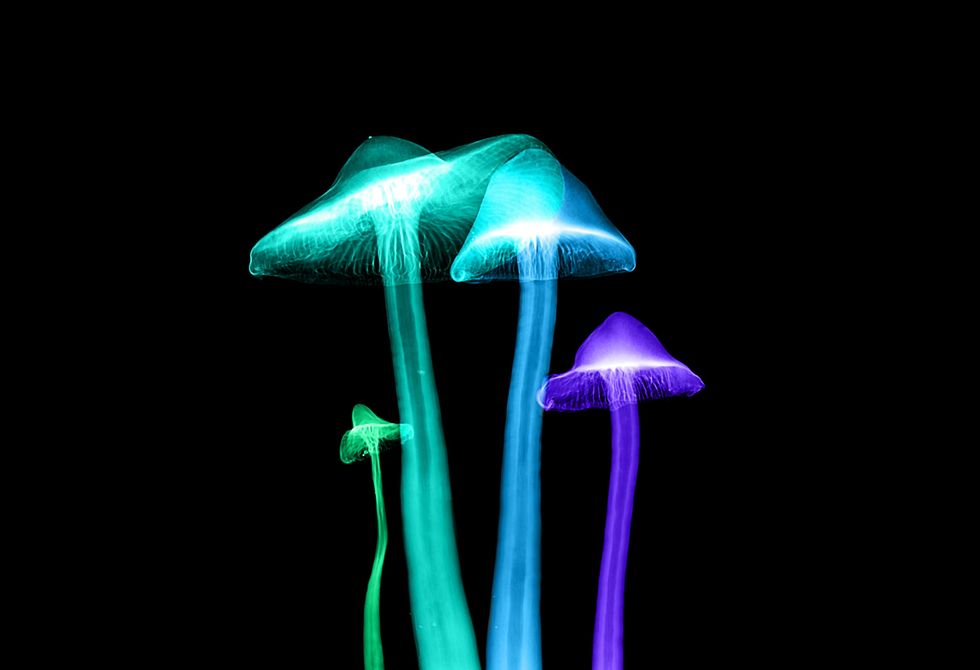 Introduction to Psychoactive Mushrooms: The Aztec God Strain - The Bluntness
Photo by
Introduction to Psychoactive Mushrooms: The Aztec God Strain - The Bluntness
Photo by 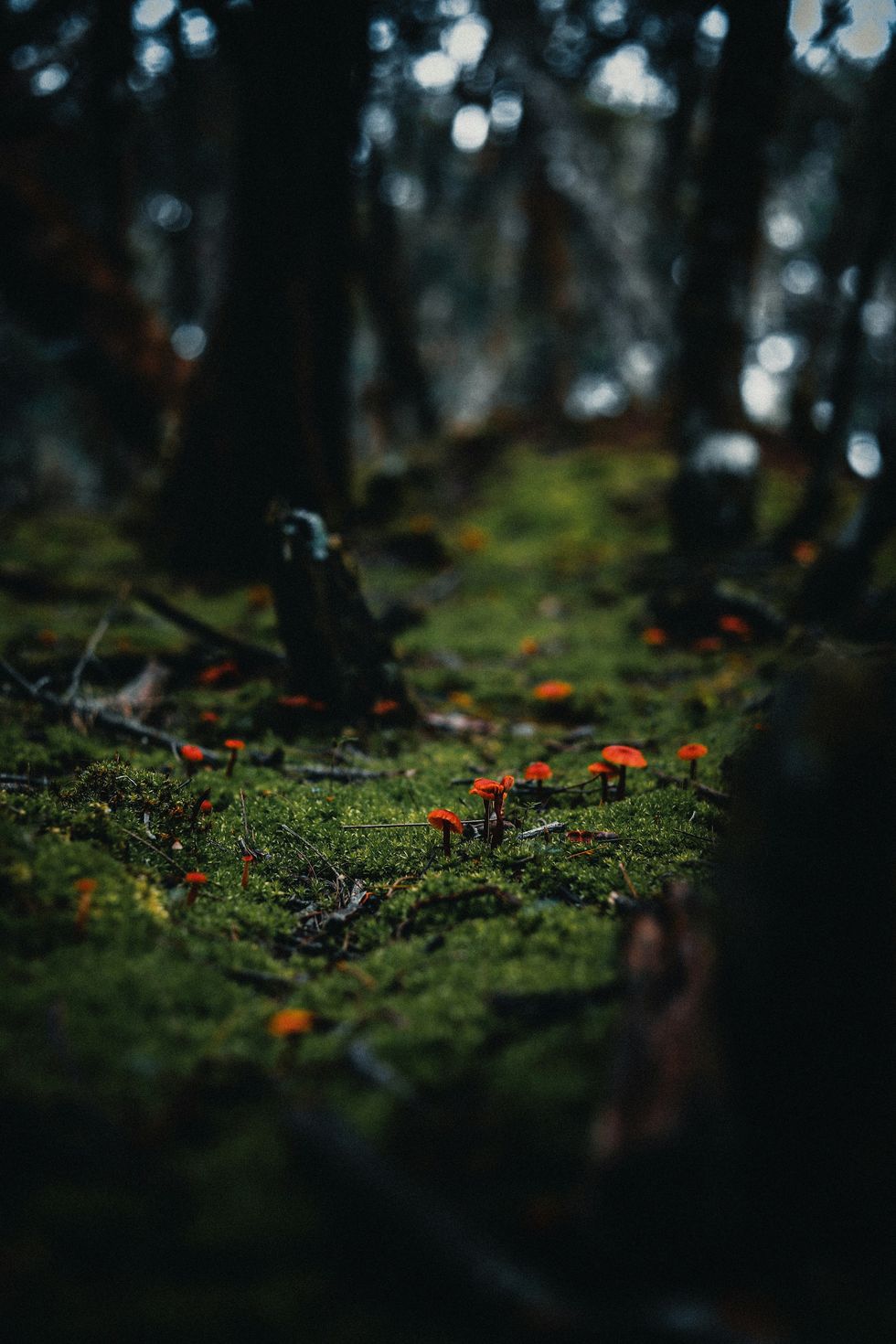 Introduction to Psychoactive Mushrooms: The Aztec God Strain - The Bluntness
Photo by
Introduction to Psychoactive Mushrooms: The Aztec God Strain - The Bluntness
Photo by 
 How to Store Magic Mushrooms
How to Store Magic Mushrooms How to Store Magic Mushrooms
How to Store Magic Mushrooms How to Store Magic Mushrooms
How to Store Magic Mushrooms How to Store Magic Mushrooms
How to Store Magic Mushrooms How to Store Magic Mushrooms
How to Store Magic Mushrooms